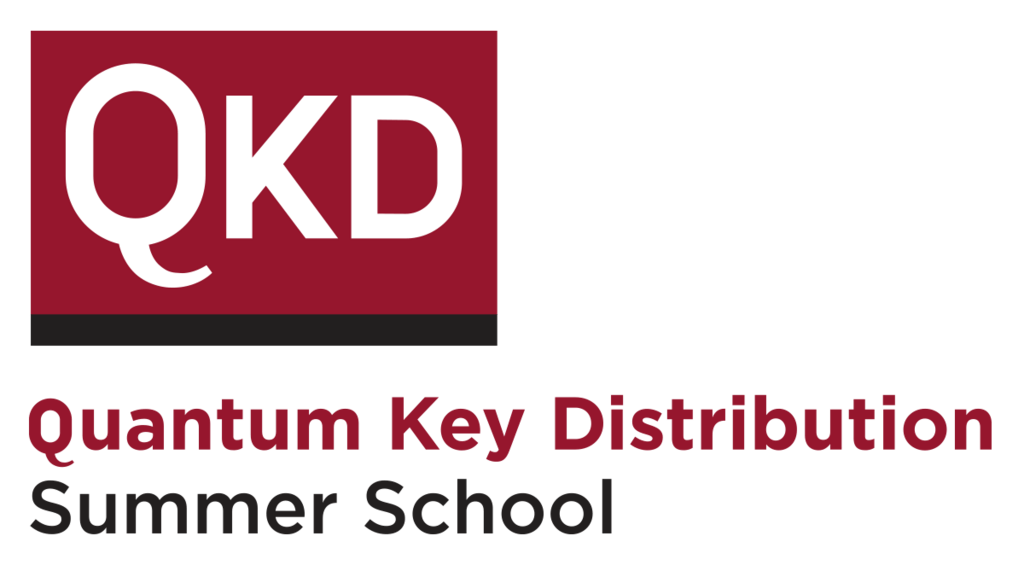Quantum Key Distribution Summer School
The international Quantum Key Distribution (QKD) Summer School is a five-day program focused on theoretical and experimental aspects of quantum communication with a focus on quantum cryptography. Established in 2008, QKD occurs every other year and was last held in 2017.
